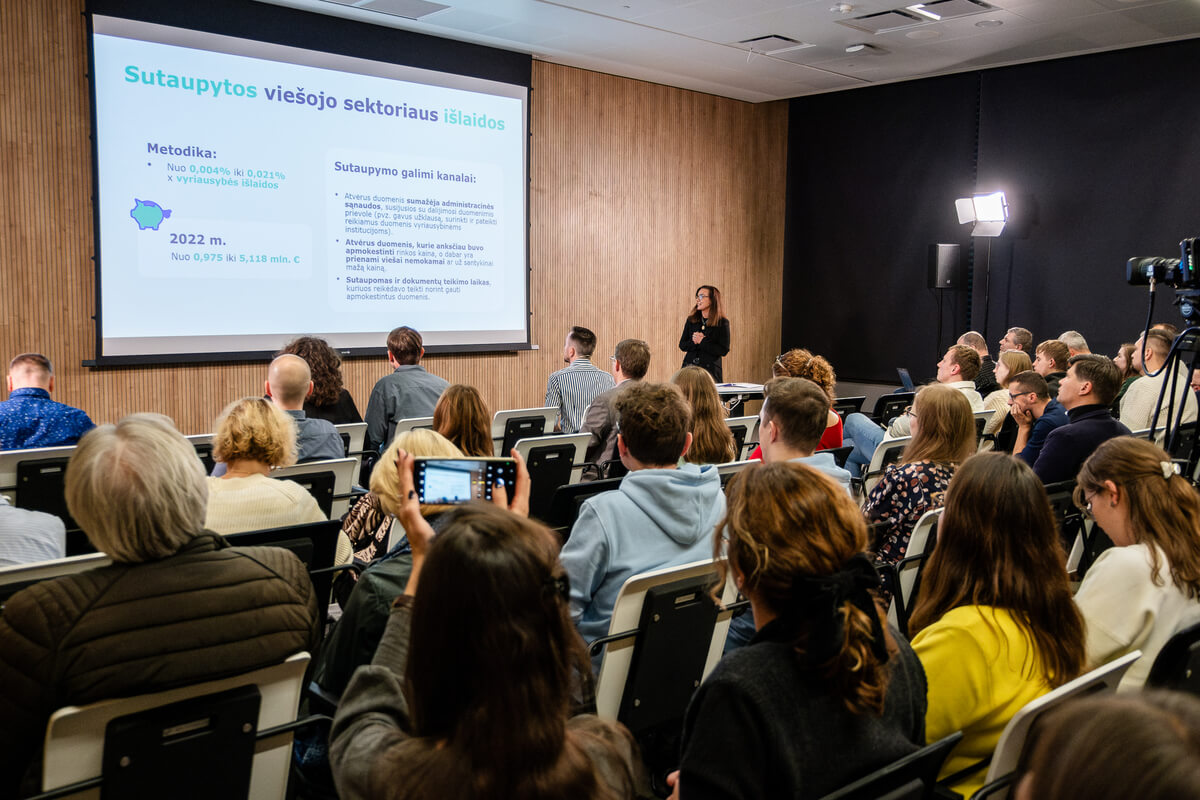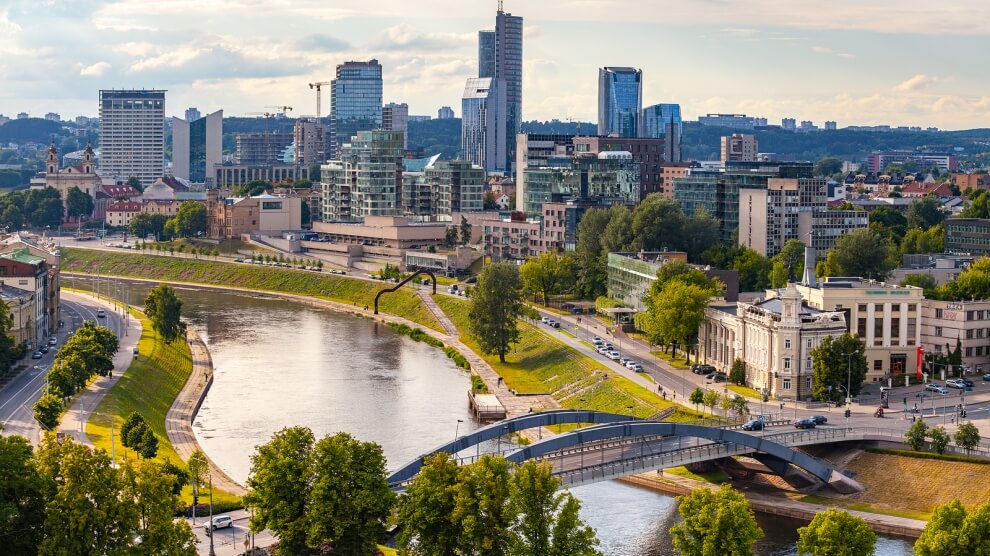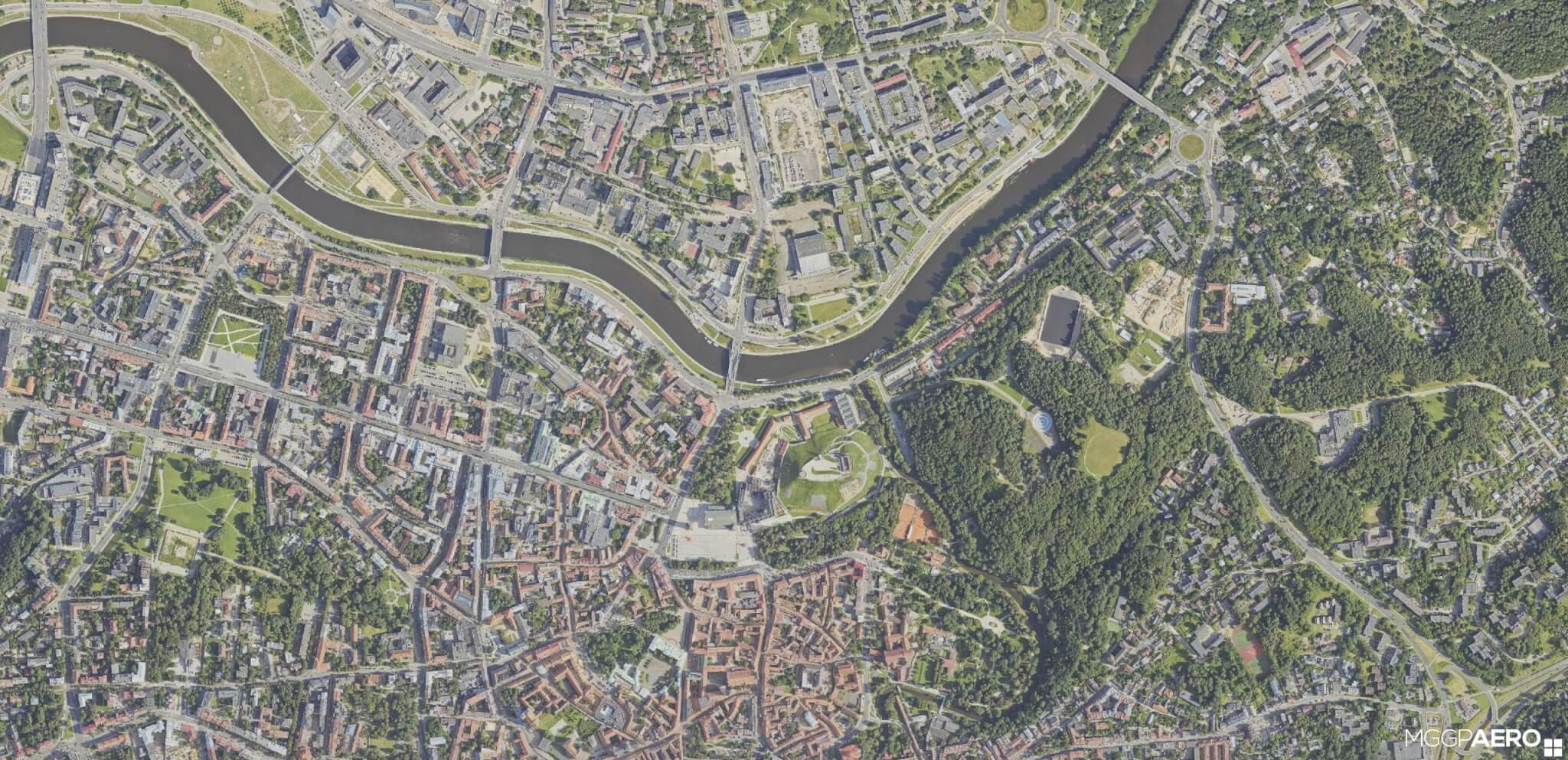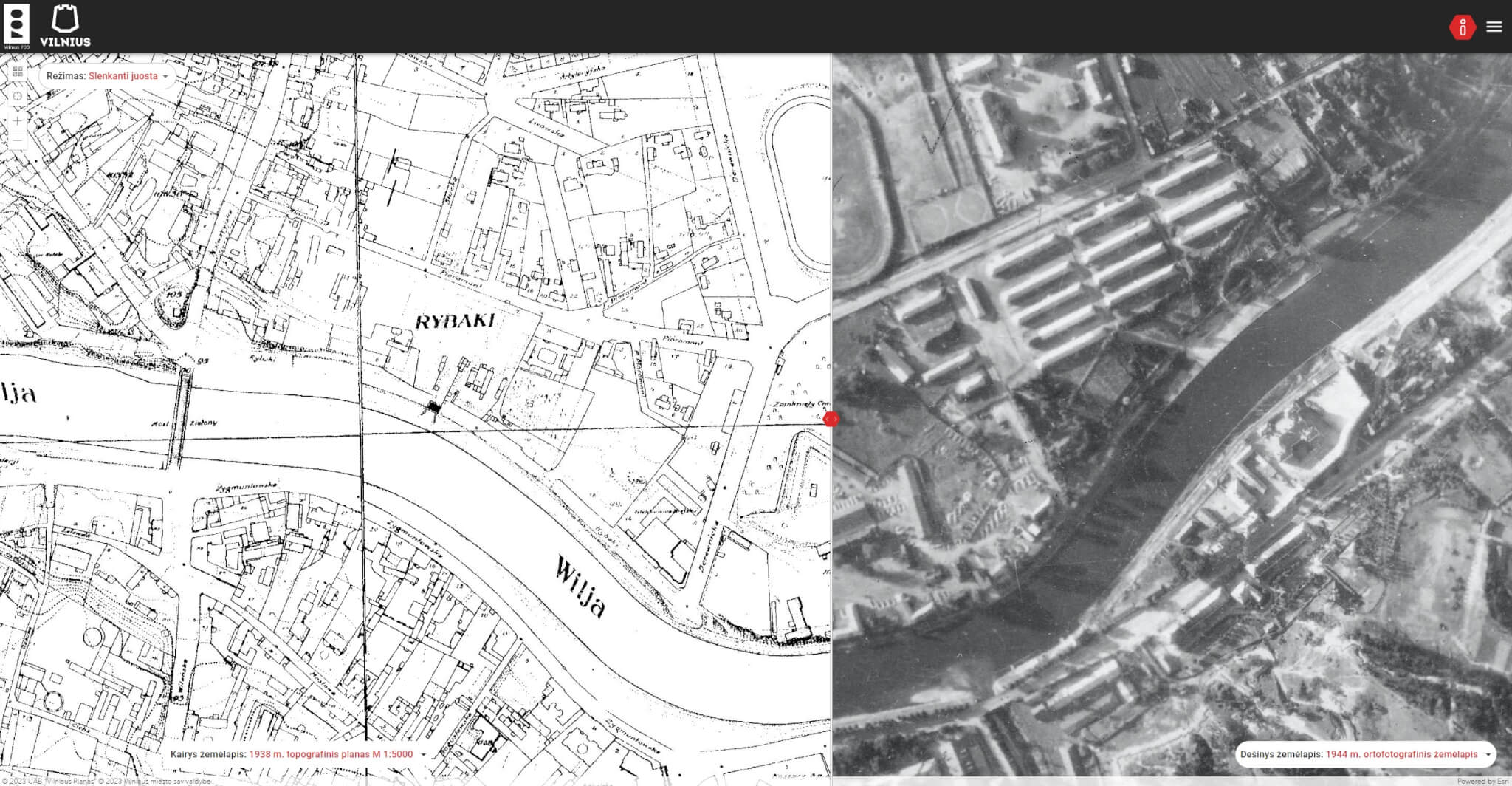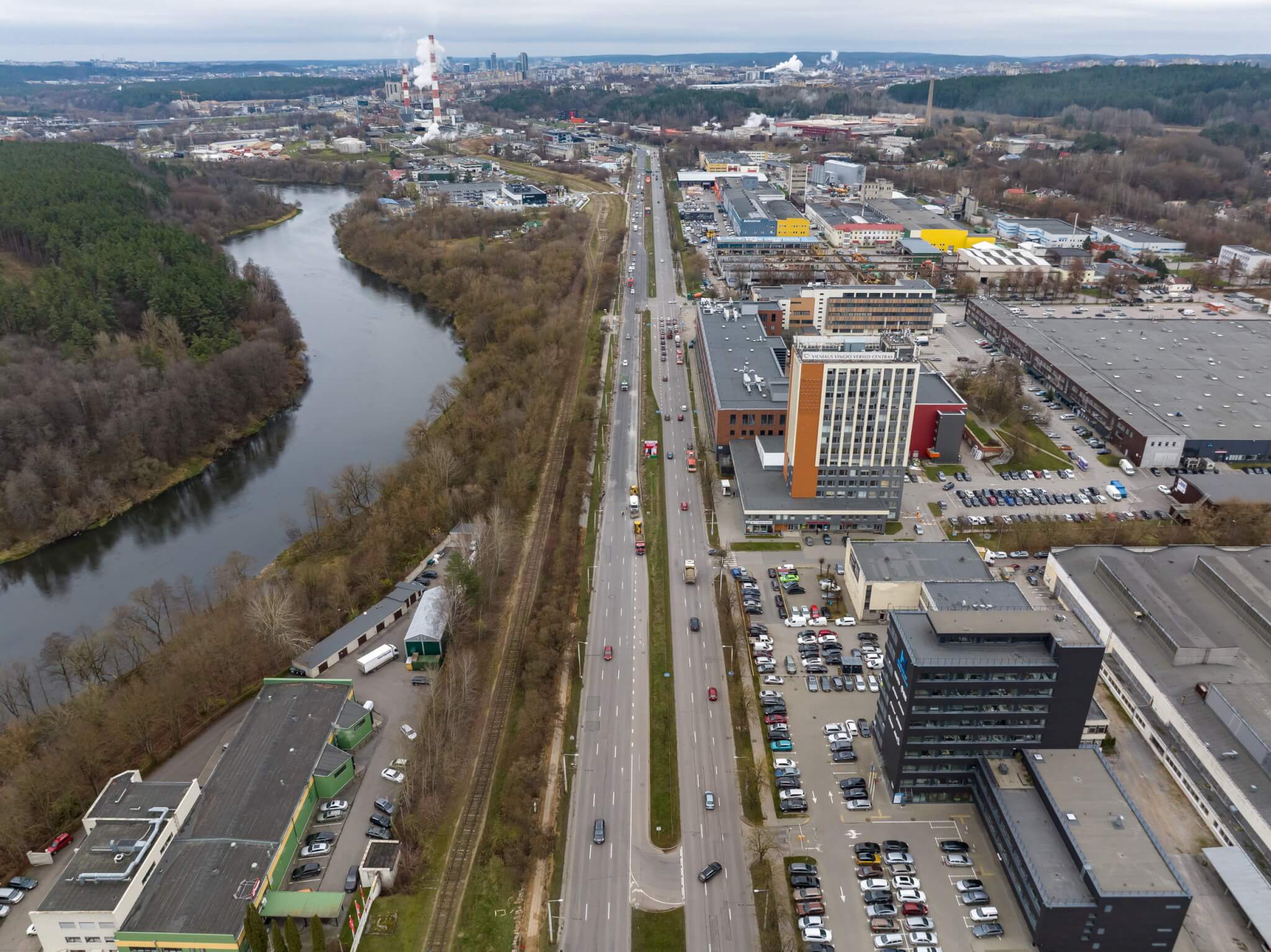As cities are rapidly expanding, there is increasing talk not only about the need to digitise data about cities and their processes, but also about how it could improve the lives of citizens. How the data collected can be targeted to create a better life for citizens and to improve urban progress was discussed on 12 October. The conference “Vilnius Data Fest” took place in Vilnius on 12 October. The Smart City Global Ranking 2023, based on cities’ technological advancement and adaptability to citizens’ needs, showed that Zurich, the largest city in Switzerland, was the best performer, while the capital of Lithuania, which was included for the first time, was ranked 65th out of 141 cities in the rankings. According to Donatas Gudelis, Head of Product Development at Vilniaus Plan, the company developing the digitisation processes in Vilnius, Vilnius has already been recognised in the field of innovation and technology before: in 2022, it was ranked 3rd in the European Capital of Innovation elections, and in 2021 it received a global award for its geographic information systems – smart maps – developed and adapted to the needs of the population. “Vilnius is technologically advanced and in some cases has even more to offer than the top-ranked cities. However, it is very important not only to deploy technology, but also to look at how it can make a difference for citizens and how it can help the city develop sustainably and efficiently. The global Smart City ranking assesses cities and their technological solutions in terms of how they work for people. Vilnius still has room to grow in this respect,” says Gudelis.
Video of the conference:
“This year’s Smart City rankings are led by Zurich (Switzerland), Oslo (Norway) and Copenhagen (Denmark), with the major Asian cities of Beijing (China) and Seoul (South Korea) leading the way. Among European cities, Vilnius ranks 34th out of 57 continental cities in this ranking, behind Tallinn in the Baltic States. According to Gudelis, although Vilnius is not in the top 30, it is ahead of Tallinn, the other Baltic capital, and Zurich, the leader in the ranking, in terms of some technological solutions. “For example, apps for real-time air quality monitoring and for dropping off unwanted items, which are widely used by residents in Vilnius, are rated very highly. Meanwhile, Tallinn is technologically ahead of Vilnius in terms of online voting in elections and online personal identification solutions. Vilnius is also ahead of Zurich in terms of technology, but the latter is far ahead of the Lithuanian capital in terms of living environment and infrastructure solutions,” he says. For example, 59.5% of Vilnius and 74.7% of Zurich residents agreed with the statement in the ranking that security in public places in the city is sufficient. Only 18.4% of Vilnius and 39.2% of Zurich residents think that traffic congestion is not a problem. According to the expert, Vilnius has a wide range of data that could be further exploited to create a better living environment for Vilnius residents. One way is to use data for multiple purposes. “Although data is usually collected for one purpose, it can be applied to other solutions. For example, the data collected on street surfaces and their quality has been used to create a complementary solution that automatically identifies manholes and grates and assesses the state of road markings. Many of the systems are based on components that have already been developed: map browsers, 360 view, authentication and other components. Reusing data already collected would allow more efficient development of new solutions and tools that are useful to society,” he says. As one of the biggest projects already implemented in the capital, Gudelis mentions the Vilnius City Data Centre, which collects data in a variety of formats to create products that improve the quality of city life. “For example, drones are used to collect high-resolution photographs and video footage to create artificial intelligence products. One of the products is the assessment of the state of waste sites, where a drone flies over an area and records the state of the sites. Instead of driving around the city in a car, responsible professionals can look at a scoreboard of the state of waste sites and see which areas need to be cleaned up based on the indications on the board. This ensures efficient work of the specialists and high quality of services,” says a representative of Vilniaus Plan. A number of public information portals have already been created from the data collected, allowing every citizen to access the information they need about the city.
The Vilnius Historical Memory Portal “Vilnius DNA” allows for the analysis of historical data in various sections, and the “System of Cultural Heritage Structures and Architectural Elements”, which is currently under development, will collect user-friendly information on heritage buildings in the city, as well as detailed 3D photogrammetric images of the buildings. Last year, Vilnius unveiled the City Lung project. It provides real-time monitoring of the capital’s air quality and pollen concentration in the capital. It is the first system in Lithuania to update air pollution and air quality data every minute and pollen concentrations in the city every hour.
Conference programme:
– Lina Koriznien?, Head of the Vilnius City Municipality Organisational Development Group, Eligijus Bujokas, Data Management Group Specialist at Vilniaus Plan UAB , and Dominykas Petronis, Product Development Specialist at Vilniaus Plan UAB. Topic. What have we already done and what do we plan to do? – The economic potential of open data – are we making the most of it? – Donatas Gudelis, Head of Product Development, Vilnius Plan UAB. Topic: Advanced or beginner: how does Vilnius look in the European context? – Dr. Martynas Mockus and Dr. Darius Amilevi?ius, Consultants of the Digital Environment Division of the Committee on the Environment of the Information Society Topic: Attention – Data! How to stay competitive in the smart city market? – Closing remarks: R?ta Klev?n?, Head of Vilnius Plan UAB

